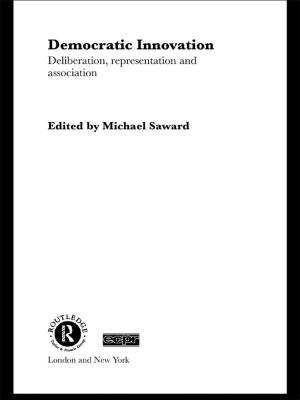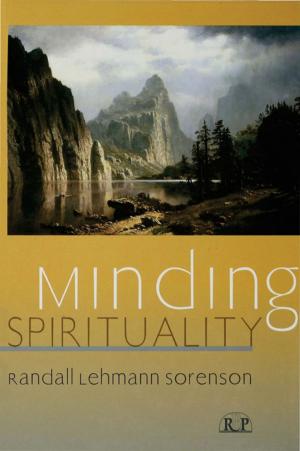| Author: | ISBN: | 9781134945948 | |
| Publisher: | Taylor and Francis | Publication: | November 1, 2002 |
| Imprint: | Routledge | Language: | English |
| Author: | |
| ISBN: | 9781134945948 |
| Publisher: | Taylor and Francis |
| Publication: | November 1, 2002 |
| Imprint: | Routledge |
| Language: | English |
"Making the Human Mind" is an attack on the widespread assumption that the mind has parts and that it is the interaction between these parts which accounts for some of the most characteristic human behaviour, the sorts of irrational behaviour displayed in self-deception and weakness of will. The implications of this attack are considerable: Professor Sharpe contests a realism about the mind, the belief that there is an inventory which an all-seeing deity could compile and which could contain answers to all the questions we could ask about people. With this goes a hermeneutic approach to the understanding of human behaviour: these forms of understanding are markedly different from that suggested by the scientific model and favoured by those who partition the mind. Finally, the author undermines eliminative materialism and the idea that the way we talk about the mind constitutes a "folk psychology", arguing that what is distinctively human about the human mind has been created by self-consciousness and is self-created.
"Making the Human Mind" is an attack on the widespread assumption that the mind has parts and that it is the interaction between these parts which accounts for some of the most characteristic human behaviour, the sorts of irrational behaviour displayed in self-deception and weakness of will. The implications of this attack are considerable: Professor Sharpe contests a realism about the mind, the belief that there is an inventory which an all-seeing deity could compile and which could contain answers to all the questions we could ask about people. With this goes a hermeneutic approach to the understanding of human behaviour: these forms of understanding are markedly different from that suggested by the scientific model and favoured by those who partition the mind. Finally, the author undermines eliminative materialism and the idea that the way we talk about the mind constitutes a "folk psychology", arguing that what is distinctively human about the human mind has been created by self-consciousness and is self-created.















